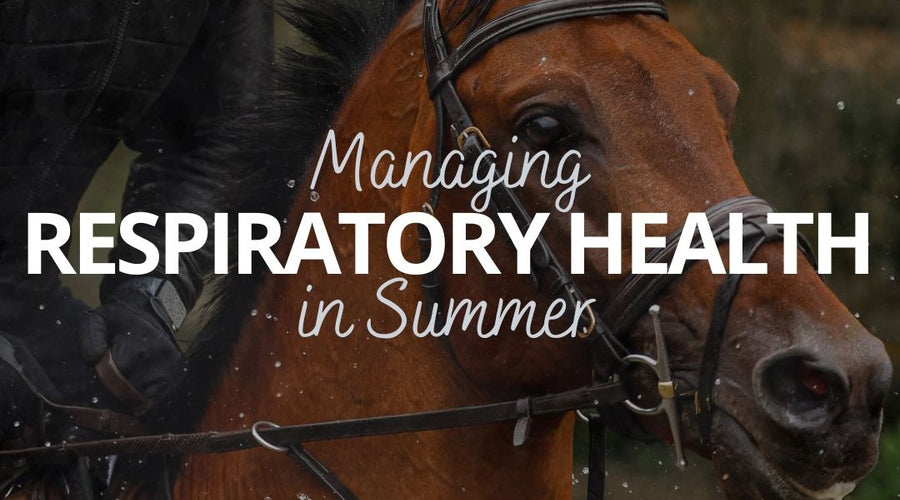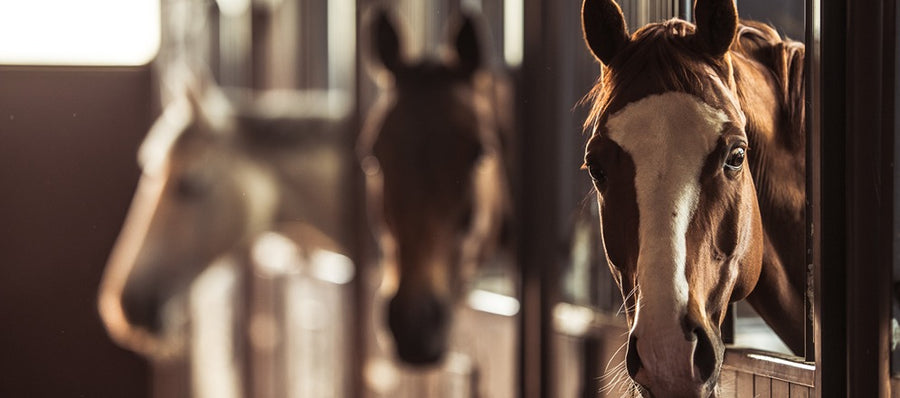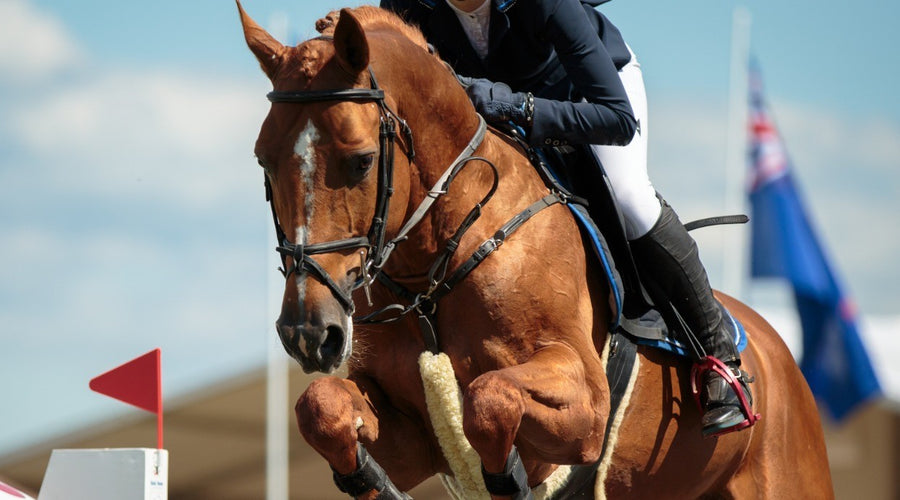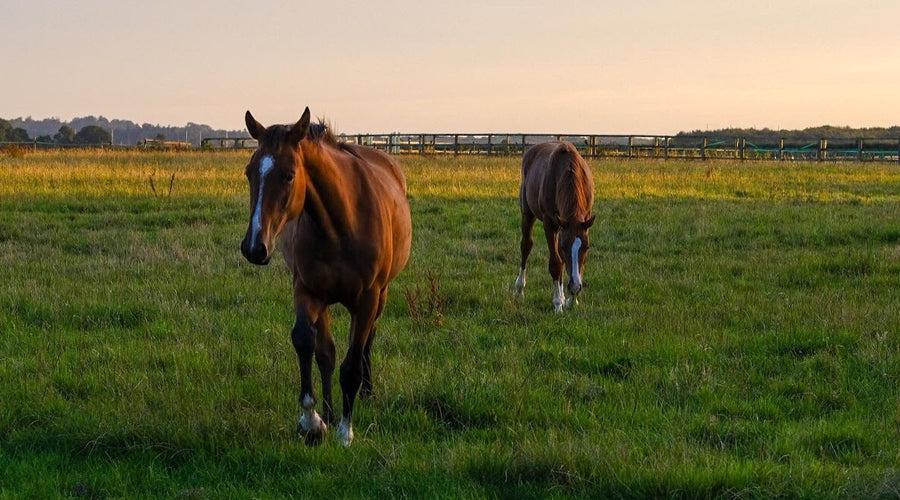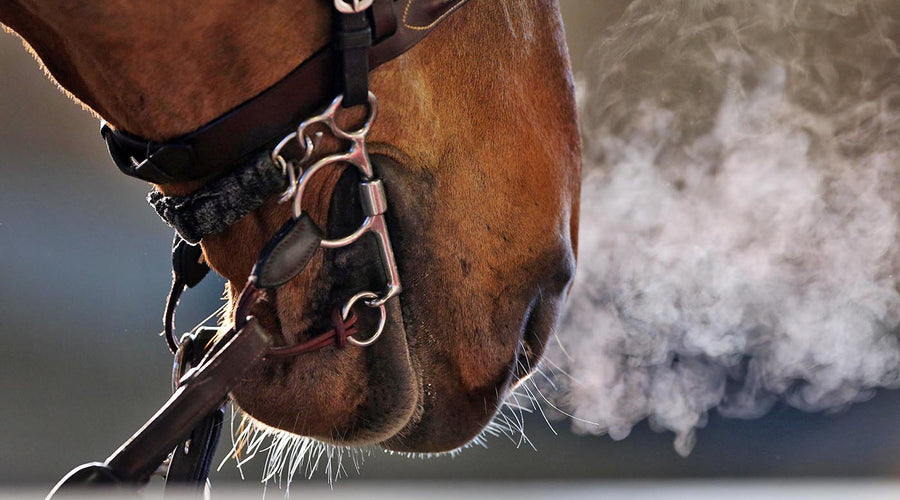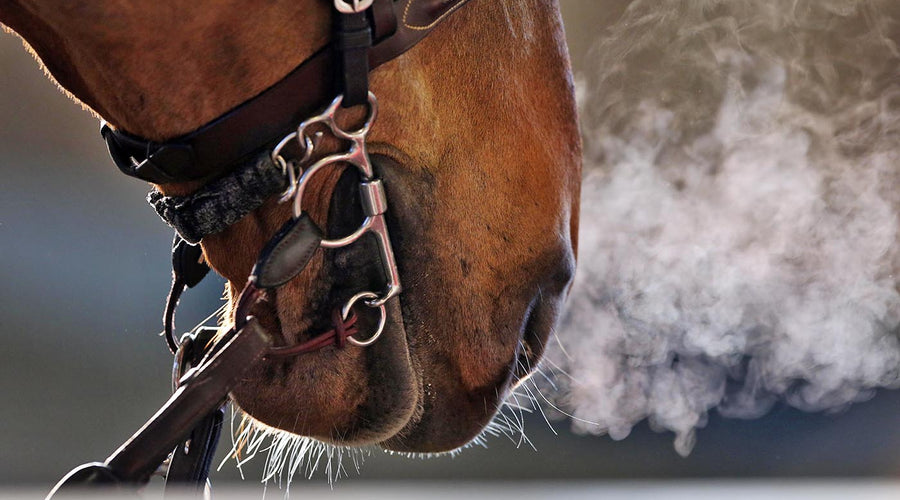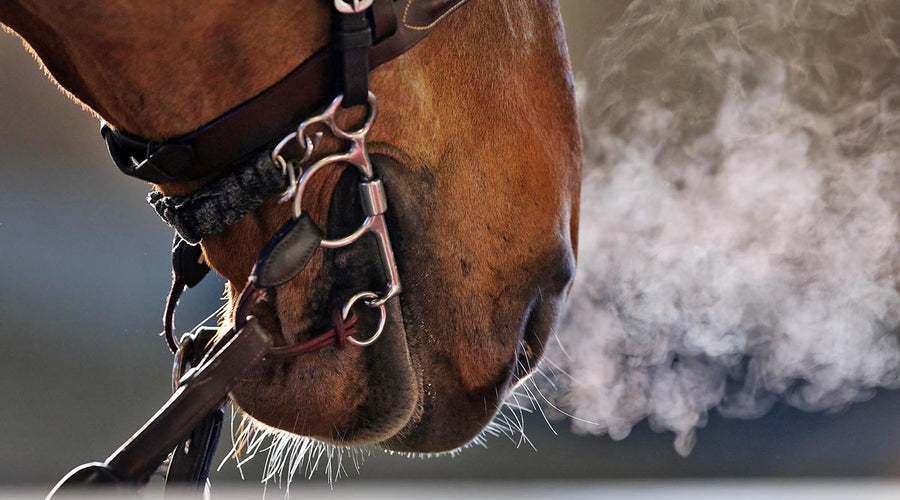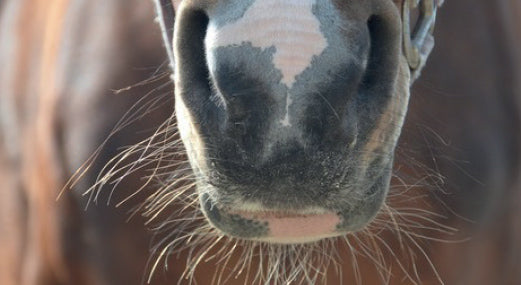Respiratory
Why MSM is in so many of our products - and what it does for your horse
MSM (Methyl-sulphonyl-methane) is a natural ingredient that can be found in products across our range. It has two very important properties: it’s a source of sulphur, and a powerful antioxidant. But why do these properties benefit our horses, and how?
Read More
Managing Respiratory Health in Summer
When we think of equine respiratory issues, we normally think about dusty stables during winter, when our horses inevitably have to spend more time indoors than we would want. But what about during summer? Read on to find out how summer can affect respiratory health, and what you can do to help your horse.
Read More
Ascorbyl Monophosphate: A Stable Form of Vitamin C
Did you know that there is more than one form of vitamin C? You may be wondering: if this is the case, which one is best for my horse?
Read More
Vitamin E-ssential - The Importance of Vitamin E Supplementation
Have you ever wondered why vitamin E supplementation is so important for some horses? Ensuring that your horse receives all of the necessary vitamins and minerals can be difficult, and with so many supplements and balancers available it can be hard to know which one is right for them. In this article we will discuss the importance of vitamin E, how much is appropriate for your horse, and which type you should look for in the ingredients lists.
Read More
The (o)mega benefits of DHA and EPA
Omegas are the name for polyunsaturated fatty acids which cannot be produced by the body and must therefore be obtained from the diet. It is well documented in both human and animal science that omegas such as 3 and 6 provide a whole host of nutritional benefits. But what actually are they, and how do they help our horses?
Read More
Every Breath You Take: Supporting Equine Respiratory Health
The horse is an amazing athlete. Equine anatomy and physiology mean that horses are primed to be able to move effectively and efficiently, and this is why they make such wonderful companions and sporting colleagues fo...
Read More
A Guide To: Respiratory Health For Horses
Is it normal for a horse to cough?
The short answer is no! It is not normal for a horse to cough at rest, or at the beginning of a riding session. If your horse does cough occasionally or regularly, it suggests some d...
Read More
Does riding in a bitless bridle limit or prevent Dynamic Laryngeal Collapse?
Upper respiratory tract (URT) obstruction is a common cause of poor performance in racehorses and a major cause of lost earnings and wastage from training. Bits have often been incriminated as a cause of upper respira...
Read More
Severe equine asthma is associated with thickening of the pulmonary arteries
Severe equine asthma leads to raised blood pressure in the pulmonary arteries (pulmonary hypertension) which, if sustained over a long time, can result in right sided heart failure.
Lung inflammation and narrowing of ...
Read More
Antibiotic resistance in bacteria associated with equine respiratory disease in the United Kingdom
Bacterial infection, often secondary to viral respiratory disease, is an important cause of upper and lower respiratory diseases in horses. The cytological examination and bacterial culture of lower airway respiratory...
Read More
Accuracy of diagnostic tests for detection of strangles carriers
Strangles, infection of the upper respiratory tract with Strep equi var. equi, is common in the equine population. A subclinical ‘carrier’ status exists in which residual bacteria persist, usually in the guttural pouc...
Read More
Can inspiratory muscles be trained to aid upper respiratory tract stability?
Inspiratory muscle training (IMT) applies a training stimulus directly to the muscles responsible for breathing in. Evidence from human studies indicate that inspiratory muscles can adapt to exercise training (1) usin...
Read More



